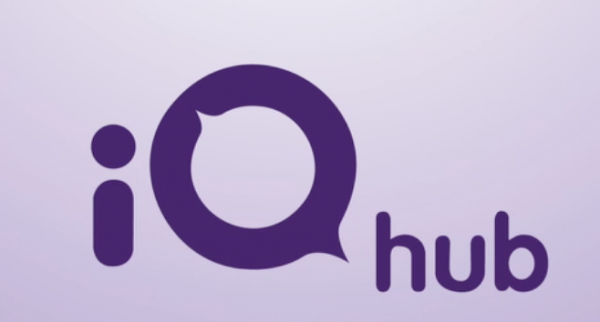
A Singapore-based company has launched a new Android app that helps students and adults learn Mandarin on the go.
Dubbed iQ-Hub, the app delivers Mandarin lessons based on a proprietary speech recognition technology that assesses your pronunciation through built-in analytics. Learners are offered immediate feedback on their speech accuracy, while parents and teachers can track a student’s progress in each lesson.
iQ-Hub’s client relationship manager Sabine Tjia said the app will address the limitations of rote learning and provides self-learners an easy way to practice spoken Mandarin. Besides tuition centres and new residents, the company is targeting airlines and the service industry, where frontline staff may be required to learn Mandarin to converse with the growing number of Chinese tourists in Singapore.
The app comes with S$0.99 lesson packages aligned with the Singapore Ministry of Education’s primary school Chinese curriculum. It also includes English lessons for kids, as well as adult packages for learning English and Chinese. The lessons cover all required vocabulary and grammar structures.
Honing spoken language skills may be the key draw of iQ-Hub, but that alone is not enough to master a language. The app also tests your listening skills by requiring you to listen to dialogue and repeat the same dialogue on your own. More advanced lessons will even require learners to fill in missing words in a sentence written in romanised Mandarin or hanyu pinyin.
While most speech recognition applications make use of waveform matching, iQ-Hub uses Advanced Speech Recognition (ASR) technology developed by Qooco, iQ-Hub’s parent company in Beijing. ASR compiles speech patterns from thousands of people into a database and uses a mathematical model to assess the accuracy of a user’s pronunciation.
iQ-Hub claims that this approach can overcome the limitations of waveform-based speech recognition, where unrelated sounds can appear to produce similar waveforms. Even if the waveforms vary, a student’s pronunciations may still be correct.
Now, if ASR can improve the performance of existing voice recognition applications such as Apple’s Siri, which has difficulty understanding different accents, iQ-Hub may have just found a new revenue stream beyond its own learning app.
The app is now available from iQ-Hub’s website and on Samsung mobile devices. It requires an Internet connection to work, as most of the heavy-lifting is done on iQ-Hub’s servers on the cloud.
According to Tjia, plans are underway to launch the app in Indonesia, Malaysia, Vietnam, Thailand, Germany, Switzerland and Austria, with support for other native languages.






